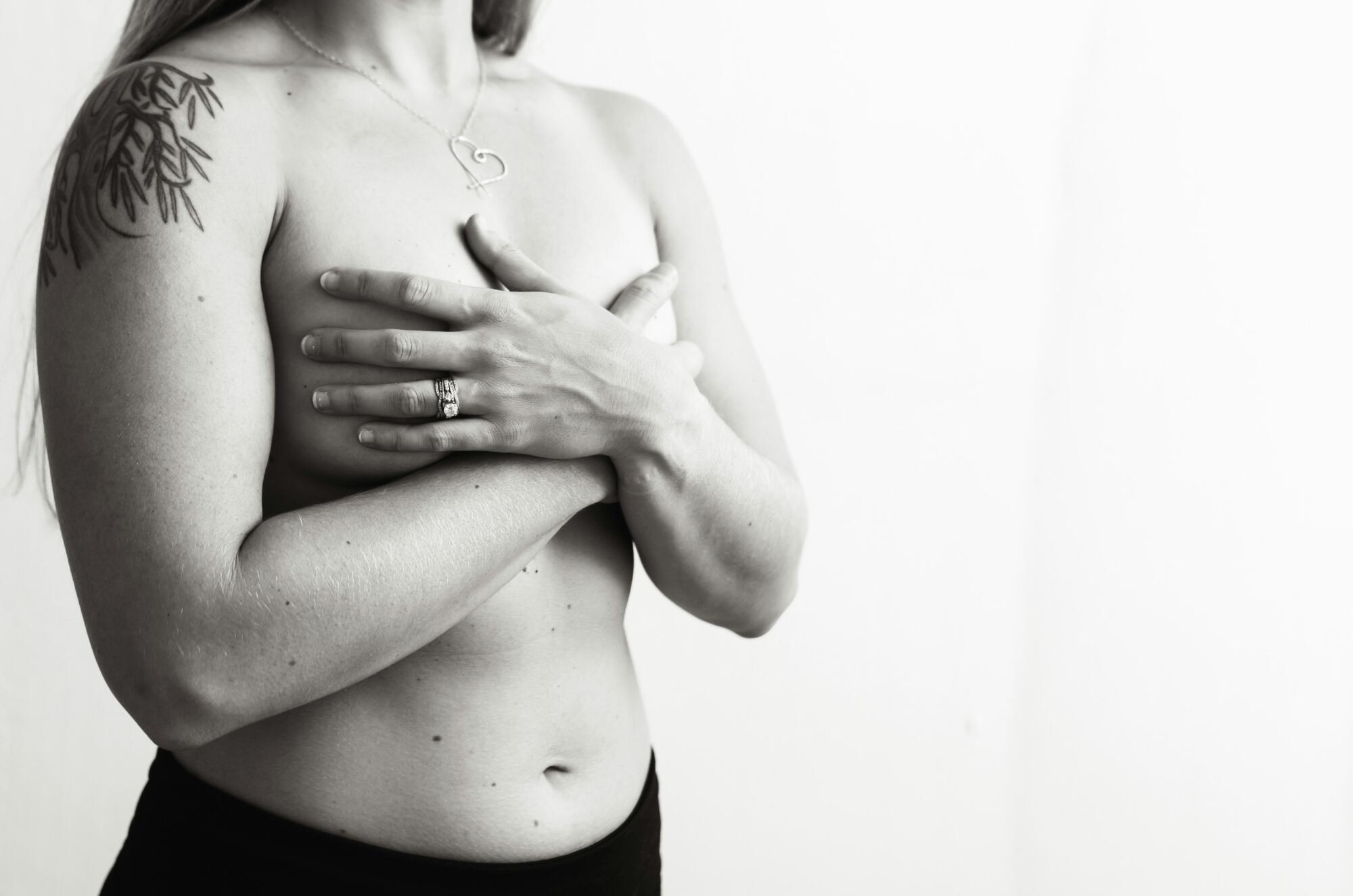
Imagine this: you’ve just had your annual check-up, and your doctor mentions HPV-the human papillomavirus. It’s a familiar term, one most of us associate with cervical cancer.
But then they drop a bombshell: could HPV also increase your risk of breast cancer? You’re left wondering how a virus mainly talked about in relation to sexual health might play a role in one of the most common cancers worldwide. Is there a connection, or is this just another health myth?
Read on to find out, can HPV cause breast cancer?
Causes of Breast Cancer
Breast cancer arises from various factors like:
- Genetic
- Environmental
- Lifestyle
The most well-known risk factors include age, family history of breast cancer, genetic mutations and hormonal influences like prolonged exposure to estrogen.
While HPV is a well-established cause of certain cancers, such as cervical cancer, its role in breast cancer is still uncertain. Most breast cancers are not associated with viral infections but result from complex interactions between genes and hormones. If you’re worried about breast cancer, a mammogram might be the right move.
Reducing Breast Cancer Risk
While some common breast cancer risk factors cannot be controlled, there are several ways to reduce the likelihood of developing the disease. Maintaining a healthy lifestyle is a key preventative measure. This includes:
- Regular physical activity
- Balanced diet
- Limiting alcohol intake
- Avoiding smoking
Keeping a healthy weight is also important, as obesity can increase estrogen levels, which are linked to higher breast cancer risk.
In addition to lifestyle changes, regular screenings are vital for early detection. Women with a family history of breast cancer or those carrying genetic mutations like BRCA1 or BRCA2 may benefit from genetic counseling and more frequent monitoring. Hormone therapy, often used during menopause, should be discussed with a healthcare provider, as it may influence breast cancer risk.
Benefits of HPV Vaccine
Even if the HPV vaccine doesn’t help with breast cancer specifically, it’s still a great choice for your health.
One of its primary advantages is the ability to protect against cervical cancer, which is largely caused by certain strains of the virus, notably types 16 and 18. By receiving the vaccine, individuals significantly lower their risk of developing cervical cancer, which is one of the leading causes of cancer-related deaths among women worldwide. Early vaccination is especially effective, as it helps prevent infection before exposure to the virus.
This vaccine also protects against other HPV-related cancers. These cancers are linked to high-risk strains of HPV, and vaccination provides a robust defense against these life-threatening diseases.
The HPV vaccine offers protection against genital warts. These types are responsible for the majority of genital warts cases, and vaccination can prevent this condition, which can be uncomfortable and emotionally distressing. Reducing the occurrence of genital warts also helps lessen the need for medical treatments and invasive procedures. Talk to your doctor if you want to know if you’re a candidate for the HPV vaccine.
Can HPV Cause Breast Cancer? Now You Know
Can HPV cause breast cancer? It’s complicated. Keeping yourself healthy in every possible way can help reduce your overall risk.
Are you looking for women’s and sexual health support in Boise? Check out Women’s Health Associates. Our practice has been helping women live their best lives since 2009.

